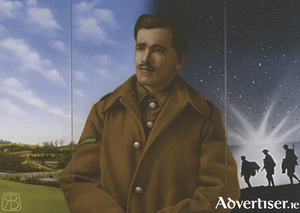Search Results for 'George Russell'
8 results found.
The west of Ireland lacks civilisation – But it has poetry
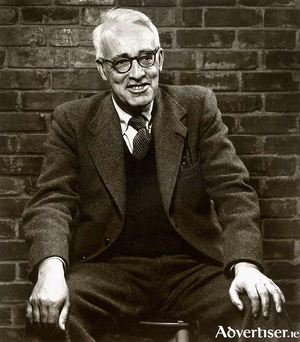
‘The capital, Galway, is a terrible place. It has of course St Nicholas, one of the few remaining preReformation churches; the frontispiece of a Renaissance town house erected as a gateway to the public park; and a medieval fortified house about which they tell the well-known story of the Lynch who hanged his own son when the sheriff wasn't available. At least once a year while I was director of the Abbey theatre we got a play on that. From Miss Edgeworth's account of her travels to Galway it would appear that as a theme for tragedy it was popular a hundred years ago. But even before that I had a lively hatred of the town....'
The man from New York
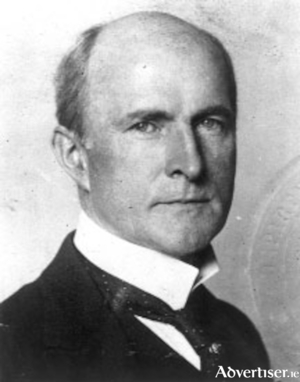
The first time Lady Gregory met John Quinn was on Sunday August 31 1902 at a Feis Ceol she had partly organised in the memory of Ó Raifteirí the poet. The occasion also marked Lady Gregory’s first steps into the Celtic revival movement which would absorb her energies throughout her long life, and define her reputation for ever.
Hidden lives on a Galway tree

In April 1902 Augusta Lady Gregory was working hard at her home at Coole, translating from Irish the myths and legends of Ireland. Somebody had dubbed Coole ‘the workshop of Ireland’, and the phrase went straight to her heart. Her pride in it glows in her letters to Wilfrid Scawen Blunt, her one-time lover and life-long friend, and admirer.*
‘I am bloody, raw, nerves hanging out all over the place.’
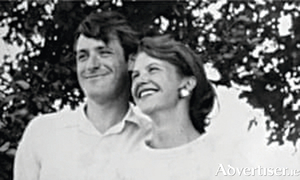
If Sylvia Plath was hoping for some kind of rapprochement between herself and her husband Ted Hughes during their brief stay with the late Richard Murphy at Cleggan, Co Galway, in September 1962, she was to be quickly disillusioned. In fact she would be abandoned, and plunged into despair. Yet following a visit to Coole Park, and Thoor Ballylee, Sylvia was to take away a spiritual connection with the poet WB Yeats, and a feeling of peace in the tragic build up to her suicide some five months later.
‘The old lady was a holy terror’
Ireland’s greatest short story writer is probably the late Frank O’Connor (1903-1966). Born in Cork city, his autobiography An Only Child (1961) is ironically a celebration of his vivacious but fastidious mother, and their survival from his alcoholic, and at times brutal, father.
‘Too late now to retrieve a fallen dream..’
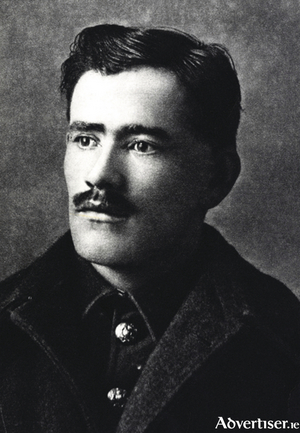
Apart from Irish nationalists believing that Home Rule would follow the war if they fought for Britain; or the Ulsterman's belief that after their sacrifice, Britain 'would see them right,' there were other reasons too, that drove young men into the British army at this perilous time in history. Men joined for heroic reasons. There were propaganda warnings that Irish women would be raped, land and farms confiscated, churches burnt and looted if Germany invaded Ireland as it had Belgium.
‘Too late now to retrieve a fallen dream..’
Apart from Irish nationalists believing that Home Rule would follow the war if they fought for Britain; or the Ulsterman's belief that after their sacrifice, Britain 'would see them right,' there were other reasons too, that drove young men into the British army at this perilous time in history. Men joined for heroic reasons. There were propaganda warnings that Irish women would be raped, land and farms confiscated, churches burnt and looted if Germany invaded Ireland as it had Belgium.
